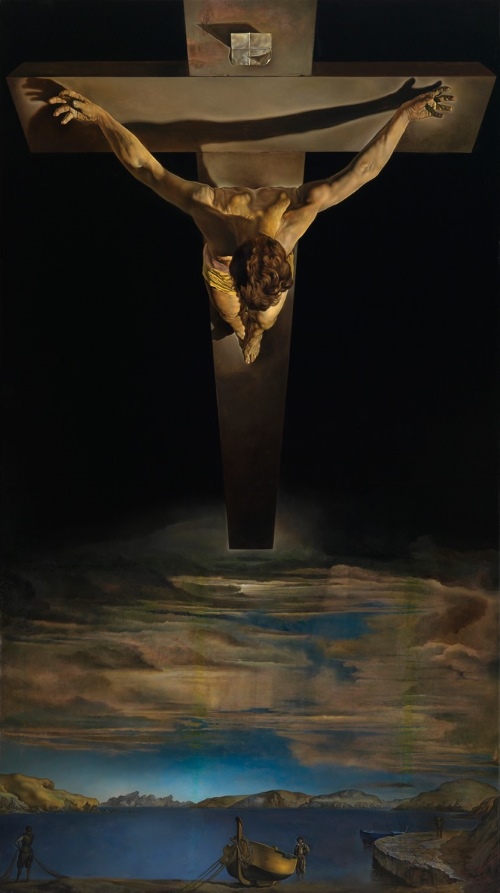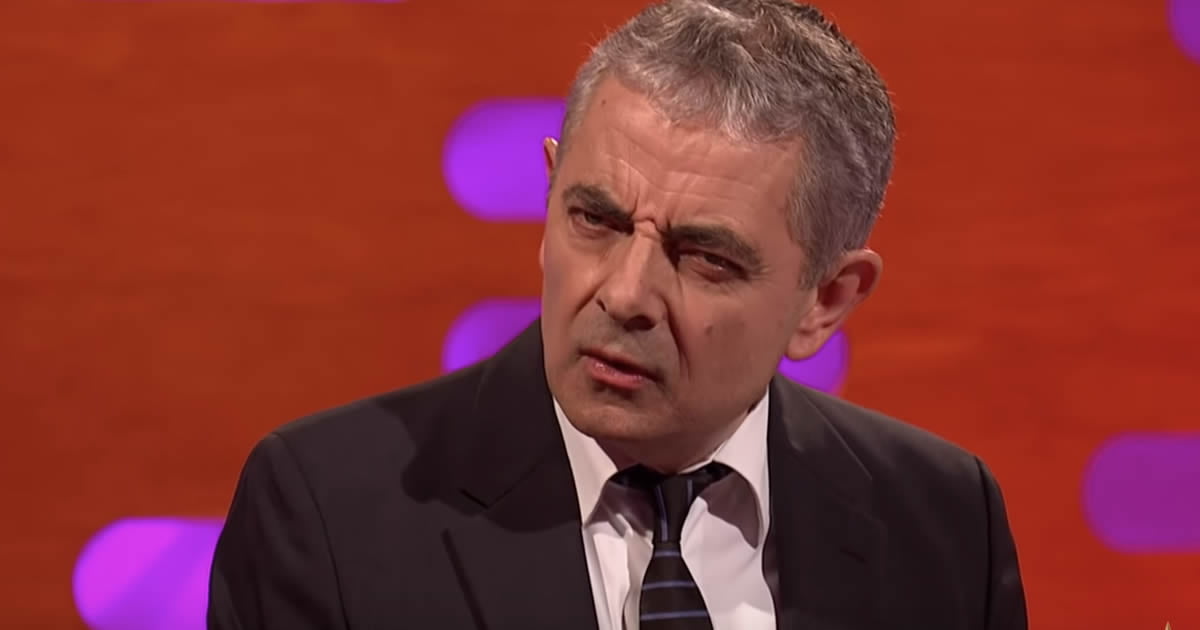Three years ago this April, I was making the most of my last
few weeks in Paris. As well as slipping into art galleries and wandering
through the Louvre, I paid a final visit to that old church in the centre of
Paris: Notre-Dame.
Seeing front pages emblazoned with the images of that same
building in flames, I feel a vague sense of disbelief. It’s strange to think
that that beautiful place now exists only in memory.
I understand why the people of France, and particularly
Paris, would want someone to mourn the loss of something that has played a key
role in a country’s history and culture for almost nine centuries. But, with
the mortified crowds singing outside Ave Maria as the fire tore through
Notre-Dame, it’s clear that some people were mourning more than a beautiful
building that has withstood both revolutions and counter-revolutions. They were
grieving the destruction of somewhere holy. Somewhere set. Somewhere where God is more likely to be.
While I can understand the sadness of someone losing their
church building in the week before Easter, I could never see the destruction of
Notre-Dame as the destruction of something sacred. I would be sad if my church
building suffered devastating damage a few days before Good Friday. Soon
enough, though, the attention of its members would turn to finding ways of
ensuring that we still held our Easter services. Because fire damage is a practical,
not a spiritual, matter. Because no
church has ever been made up of four walls and a roof, but of the people within
it.
The idea that the church is not a building is a bit of a
cliché, I know. But the sight of devotees praying on their knees whilst the
cathedral burned are a reminder that some people still think that certain places
are holy.

I'm sure that Notre Dame was in one sense holy. In the Gospel of
Matthew, Jesus tells the disciples that wherever two or three gather to pray, He would be there with them. And so when two or three, and two or three gathered in
Notre Dame to worship God sincerely, Jesus was there. But that was nothing to
do with Notre Dame. As a friend of mine said after the after, ‘When people pray
together, the crappiest place on earth becomes holy.’
I’ve prayed in so many different churches over the course of
my life, some more impressive than others. I’ve prayed in Notre Dame, in a
windowless building in rural Tanzania, an ex-synagogue in South Wales and a
thirteenth-century church in central London. In fact, I was lying when I said
that my church could burn down. We don’t even have a building yet. We meet in a
university lecture theatre that is most definitely not a sacred place for six
days of the week. But wherever we and whenever we pray, we know that God is
with us. No building is intrinsically holy or sacred. Those who found God in
Notre Dame could have found Him anywhere else. Or rather, He could have found
them anywhere else.
But there is an even deeper sense in which it’s wrong to
think of Notre Dame as more sacred than anywhere else.
Some Christians call this week before Easter ‘Holy Week’.
Although that usually refers to the significance of the events that we
celebrate, Easter is about a radical redefinition of holiness. Because Easter
is not about holiness staying in sacred, set apart places. It’s about holiness
leaving holy places.
Before Jesus, God was present amongst the people of Israel,
who were meant to a holy people set apart for Him. But there was always something
not quite right about that presence. Not that it was imperfect. Yet God was
never fully present in a way that allowed people to interact with Him. At
first, one man, Moses, was the mediator between Israel and God. But even He
wasn’t allowed to see God face to face. Later, God was present in one holy
place within a temple. Only a handful of set apart priests were able to enter
their presence. They could only do that occasionally, and only after they had
obeyed strict commandments that made them temporarily holy. Eventually, God‘s presence
left that temple because the people of Israel had done everything they could to
make that place unholy.
Over the centuries that followed, invaders destroyed the
temple that had once been made holy by God’s presence. The people of Israel
mourned for that temple. But they found that God was still with them, answering
their prayers and protecting them as they lived as exiles in a foreign land.

Then, in about 7BC, something unexpected happened. A child
who was the Son of God was born to two human parents, both faithful to God but
neither spectacularly holy. And so the holiest being left the holiest place,
heaven, and lived on an unholy planet full of unholy people. Growing up, he
developed a knack for finding those unholy people. He touched and healed ‘unclean’
lepers who’d been kicked out of the holy places. Lying tax collectors, ‘immoral
women’, foreigners… He just couldn’t keep away from unholy people.
This was an altogether different type of holiness. A
holiness that could coexist with filth yet still stay sacred. A holiness that,
when dragged through the dust, made even the dust holy.
But that holiness was destroyed. It was nailed to a cross. Bleeding
and gasping for breath, the world’s one holy person screamed out in agony and
died. With his final, tortuous breath, the curtain in the temple dividing the
holy from the less-then-holy tore in two, rendered obsolete by a revelation of
holiness that defied even the grave. Three days later, too holy for death and
decay, He got up and walked again through an unholy world.
It turned out, though, that He’d been telling us that this would
happen. He even talked, blasphemously in the eyes of the seemingly religious,
of His body being a holy temple that would be destroyed and rebuilt. He’d promised
that this would happen. Just like He’d promised that, one day, we could join
him, finally holy, in his holy place.
If all that teaches one thing about holiness, it is that holiness cannot be limited to one place.
You can mourn the loss of a building of immense cultural and historical significance, but you cannot say that Notre Dane has been desecrated. You cannot say that a holy place is now in ruins. True holiness cannot be destroyed.
That is, after all, the reason why we have Easter.
















